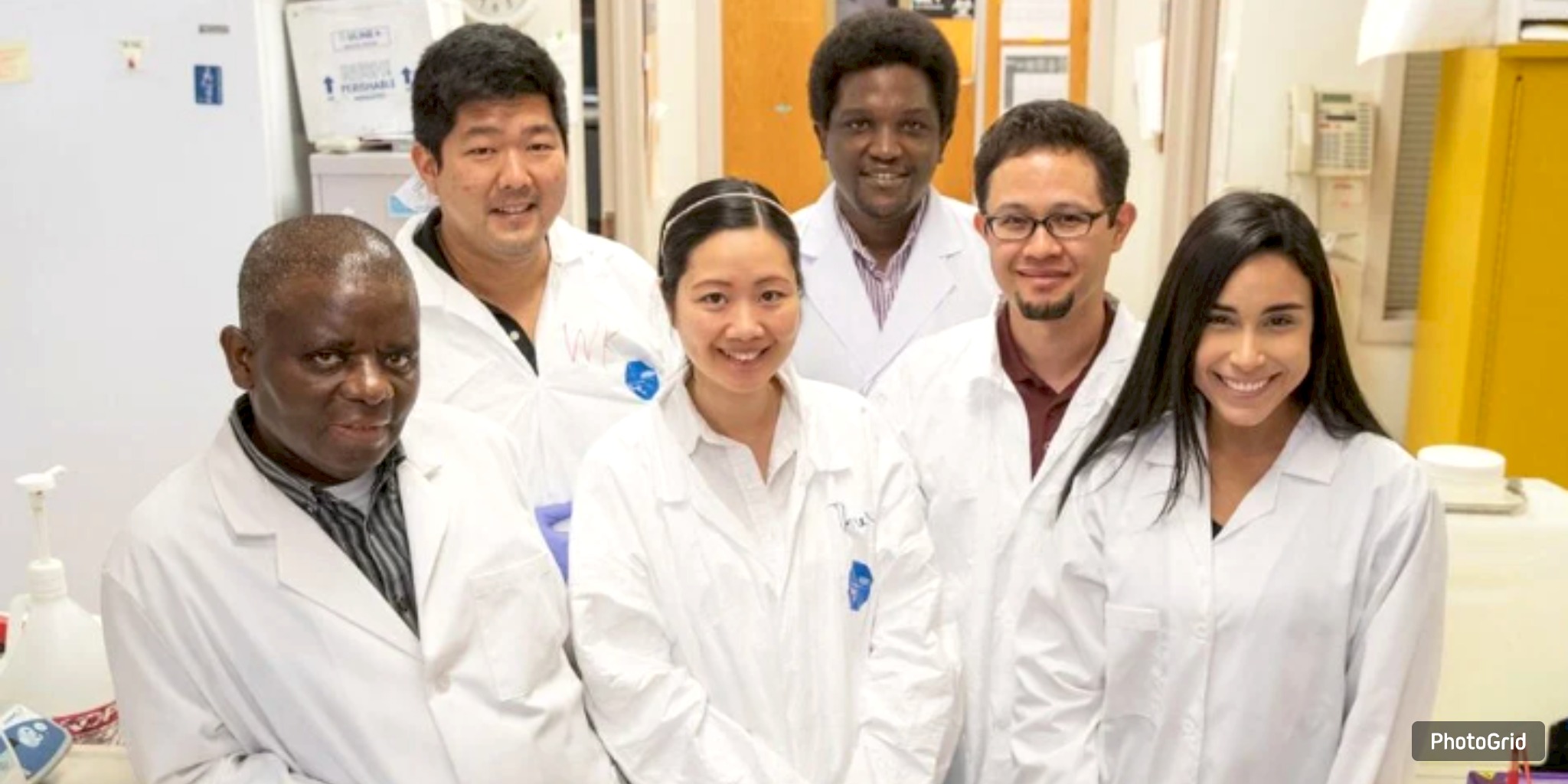Tae Heung “Will” Kim, a South Korea-born doctoral student at Texas A&M University and legal permanent U.S. resident, remains in ICE custody following a brief trip abroad. His detainment, reportedly linked to a decade-old marijuana charge, has sparked criticism from legal experts and immigrant rights groups who say he was denied due process.

Tae Heung “Will” Kim, a doctoral student at Texas A&M University and a legal permanent resident of the U.S., finds himself in immigration custody in Arizona, weeks after his return from South Korea, where he participated in his brother’s wedding.
Initially taken into custody at San Francisco International Airport by Customs and Border Protection (CBP), Kim was subsequently moved to ICE custody at the Florence Processing Center in Arizona, according to his attorneys on Thursday.
Kim, a resident of the U.S. since the age of 5 and a member of a university team dedicated to researching a vaccine for Lyme disease, currently finds himself facing removal proceedings. Kim's legal team argues that the current detention stems from a 2011 misdemeanor charge for marijuana possession. This case was subsequently sealed after he completed community service.
CBP officials have warned that convictions for drug-related offenses by individuals with green cards could trigger removal proceedings if they violate their status. According to Kim's attorney, Karl Krooth, there were significant missteps by the authorities in handling his case. He pointed out that Kim was not transferred to Houston's inspection unit and was denied access to legal counsel during an extended period of detention at the airport.
“The airport serves a different purpose and is not intended to function as a detention center or an immigration court,” Krooth stated. “CBP officers do not serve as impartial judges.” From the very beginning, Kim faced a lack of due process.
Supporters contend that Kim’s situation underscores deep-rooted problems within immigration enforcement, particularly during the intensified examination of policies in the Trump era.
Becky Belcore, co-director of NAKASEC, a Korean American advocacy group, described the weeklong detention as “outrageous,” highlighting that Kim was denied access to legal counsel or family throughout his confinement.
Kim's ordeal resonates with other contentious detentions, such as that of a Palestinian student who spent nine days at Houston's Bush Intercontinental Airport and a Vermont school superintendent, a naturalized U.S. citizen, who faced detention and the searching of his electronic devices.
These instances highlight what advocates describe as an increasing pattern of immigrant profiling and stringent enforcement at U.S. ports of entry.
In a recent statement, CBP reaffirmed its protocols, emphasizing that immigrants attempting to re-enter must demonstrate their eligibility. Legal experts contend that individuals with permanent residency, such as Kim, should not be subjected to arbitrary or prolonged detention, particularly after brief, legitimate trips overseas.
Kim's legal team continues to press for his release, contesting the legitimacy of his removal proceedings. They argue that his detention highlights the flaws within the immigration system.
.jpg)
Critics say the Montgomery County Republican Party steering committee's January 14, 2026, minutes promoted internal factionalism rather than coalition-building. The declaration challenges efforts to weaken local Republican women's organizations and criticizes law enforcement terminology. Montgomery County Republicans should prioritize unity, transparency, and voter involvement while seeking new leadership.
.jpg)
A Houston-area high school student was hospitalized Tuesday after suffering three shallow stab wounds during a fight at Grand Oaks High School in Conroe ISD. Authorities say the suspect has been taken into custody and there is no ongoing threat.